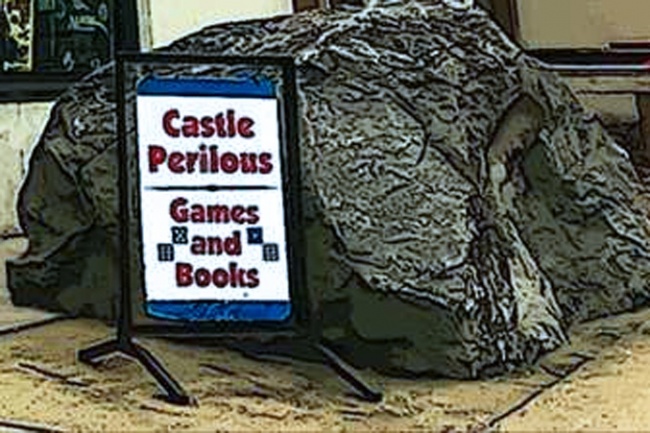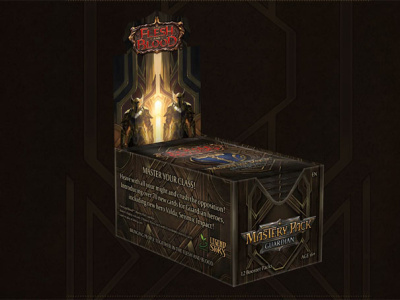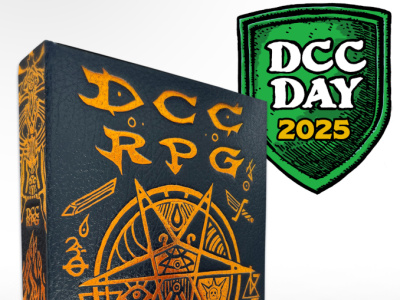Rolling for Initiative is a weekly column by Scott Thorne, PhD, owner of Castle Perilous Games & Books in Carbondale, Illinois and instructor in marketing at Southeast Missouri State University. This week, Thorne explains how Dungeons & Dragons is being used to help treat adults getting therapy for substance abuse or other mental health issues.
An article in our local newspaper once again reminded me just how far Dungeons & Dragons has come since the days of Jack Chick’s Dark Dungeons tract. Although the store never had any protests in our early years, I do remember one of our (former) customers who decided to abandon the "darkness of D&D." They protested the game at a local game convention in the early 90s, and had sent a letter to the local newspaper telling readers how evil the game was. He also claimed that his first edition books had screamed when he burnt them. I posted a laminated copy of the letter on the wall of my store, but sadly, it got lost when we moved a decade or so ago. Still, D&D remained a niche interest, even through the late 90s Pokemon boom. Parents bringing their children in for cards commented on how the store was "not what they expected," and that they never would have come in if their kids did not want cards.
Contrast that with today, when shows like Stranger Things incorporate D&D as a major part of the storyline, celebrities play the game, and educators recognize it as a method by which younger players can improve their reading, math, and problem solving skills (see "Rolling for Initiative--Six Reasons You Should Play 'Dungeons & Dragons'"). However, a recent front page article in my local newspaper reminded me just how mainstream the game has become.
A counselor for Centerstone, a local facility offering outpatient services for those experiencing mental health and substance abuse issues, noticed the ways that people on the autism spectrum have been helped through playing RPGs like D&D. That, along with reading about other therapeutic programs using mechanics similar to D&D’s character-building and dice-rolling, led her to create a virtual D&D group for therapy. From the press release announcing the group, the counselor who developed the program, Dani LaPLant, said "From playing D&D even outside of a therapeutic context, I’ve seen the way it can serve people as a comforting creative outlet. A D&D group provides a safe environment for people to talk through and process relationship issues, grievances and successes, and can even help boost self-esteem."
During the course of the game, LaPlant takes personal details from client’s histories and weaves them in to their characters’ histories as well as the world and story they create. Such things could be something such as a place the player misses visiting during quarantine or a previous life situation, they want to revisit through the character’s viewpoint rather than their own. Unlike a more traditional D&D game, though, if a character "dies" during the game, the player briefly removes the character from play, then, after a short respite, brings it back into the game. Though similar D&D-based therapy groups can be found in larger cities, LaPlant says finding such a program is very unusual in a comparatively small town like ours.
Next time you sit down at the table and pick up dice and pencil (or laptop), remember how far the game has come. Actually, on second thought, don’t remember. After all, you are there to have fun.
The opinions expressed in this column are solely those of the writer, and do not necessarily reflect the views of the editorial staff of ICv2.com.









